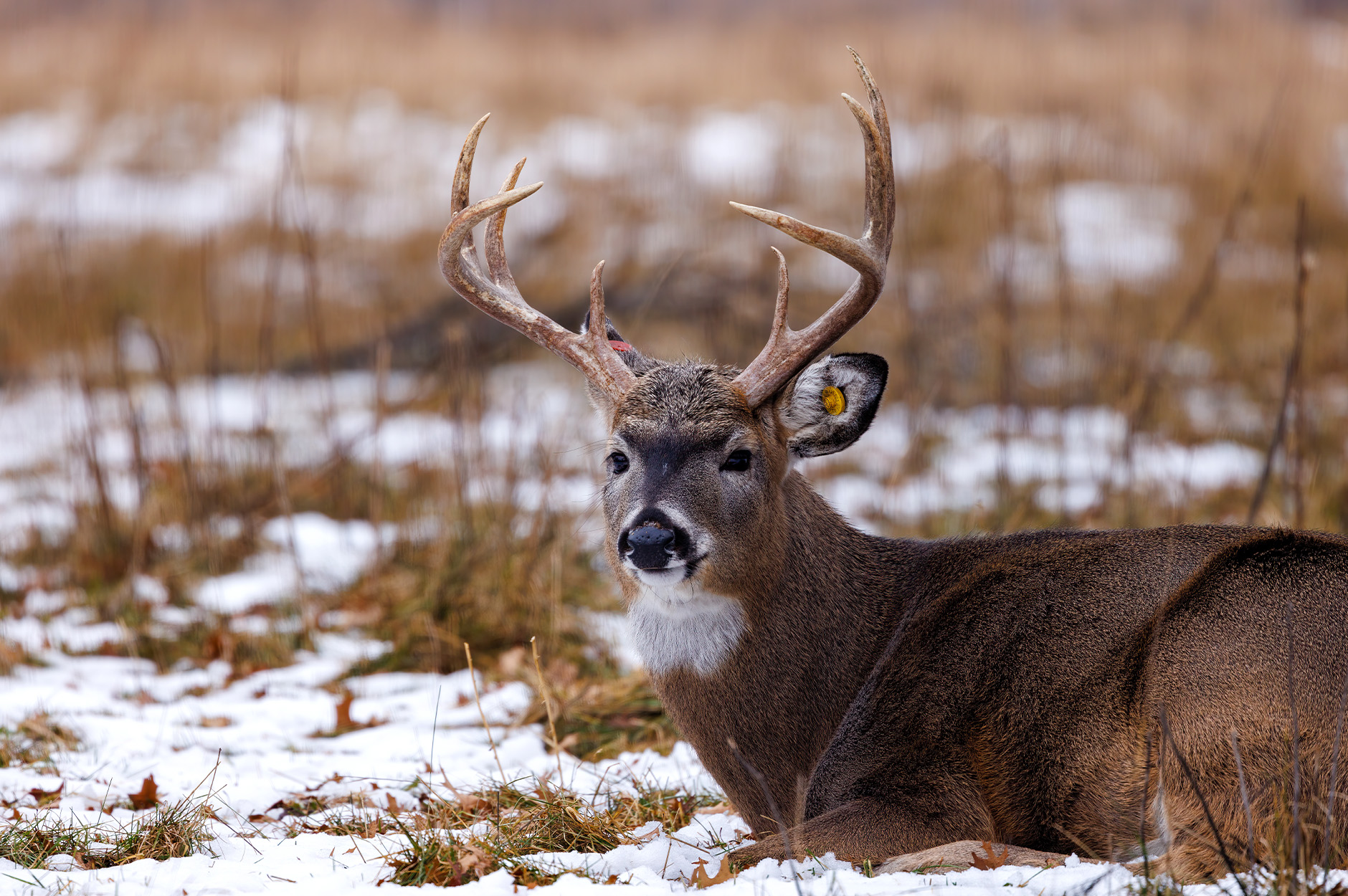A group of Minnesota deer farmers who in 2024 sued the state over its new chronic wasting disease regulations are appealing a federal judge’s decision to dismiss the suit. The deer breeders made their case in front of an Eight Circuit Court of Appeals panel Thursday, according to the Courthouse News Service. Their attorney argued during the hearing that the state’s new CWD laws amount to a ban on their livelihoods and a violation of their “fundamental rights” to pursue a job of their choosing.
“White-tailed deer farming is an agricultural pursuit under Minnesota law,” Eric Kaardal, representing the Minnesota Deer Farmers Association, wrote in a brief to the panel of three judges. “But persons seeking to pursue that occupation or profession are completely prohibited from doing so through the legally-mandated registration process.”
This opened up a larger discussion around the rights of Minnesotans and how they relate to the management of a public resource like whitetail deer. One judge, David Stras, agreed that individuals have the right to pursue a job of their choosing, but he said that right is also subject to reasonable regulation. Another judge, Steven Grasz, compared deer farmers to ranchers and questioned whether Minnesota could ban cattle farming in order to combat climate change.
Read Next: Texas Officials Kill Off Deer Breeder’s Entire Herd, Ending Yearslong Legal War Over CWD Management
Arguing for the state Wednesday, Minnesota Assistant Attorney General Phillip Pulitzer told the judges that the new CWD laws do not violate any fundamental rights. He said the laws are based on concerns around the state’s public wildlife resources, and he pointed out that lawmakers could have banned deer farming altogether but instead chose to further restrict the practice.
The restrictive statute at the heart of the lawsuit became law in 2023. At that time, state legislators were responding to concerns from the Minnesota Department of Natural Resources, which identified deer farms as a major culprit in the spread of CWD in a 2022 report. This tracks with guidance from the National Deer Association, which points to the movement of high-fence whitetails as contributing to the spread of CWD.
The law established new requirements around fences, mandatory inspections, and the transfer of captive cervids, along with other restrictions around high-fence operations. But the biggest sticking point, in the eyes of the MDFA, was the total ban on new deer farms. The law prohibits the state from issuing new registrations for possessing whitetails in captivity, and it states that anyone raising captive whitetails without this registration can have their herd seized and destroyed. It allows for registered farmers to sell or transfer their registration just once, and only to an immediate family member.
Speaking for the plaintiffs in August 2024, Kaardal argued in the original lawsuit that this new prohibition would put an end to deer farming and therefore deprives potential future farmers of pursuing their calling. He clarified that they didn’t view deer farming as a fundamental right, only their right to pursue a chosen occupation.
Read Next: Oklahoma Plans to Combat CWD by Releasing Captive-Bred Deer into the Wild
In response, U.S. District Judge John R. Tunheim agreed this was a fundamental right, but said that right can and should be regulated or restricted in certain instances. He drew a comparison to industries that have been found to have negative impacts on public health.
“For instance, lead paint, asbestos, and ethylene oxide are banned because of their negative impact on public health,” Tunheim wrote in his decision dismissing the lawsuit in August. “But under Plaintiffs’ theory, an individual who works for a company that manufactures such substances would be constitutionally entitled to carry on their dangerous activities.”
A decision on the appeal was not reached Thursday, according to the Courthouse News Service.
Read the full article here





